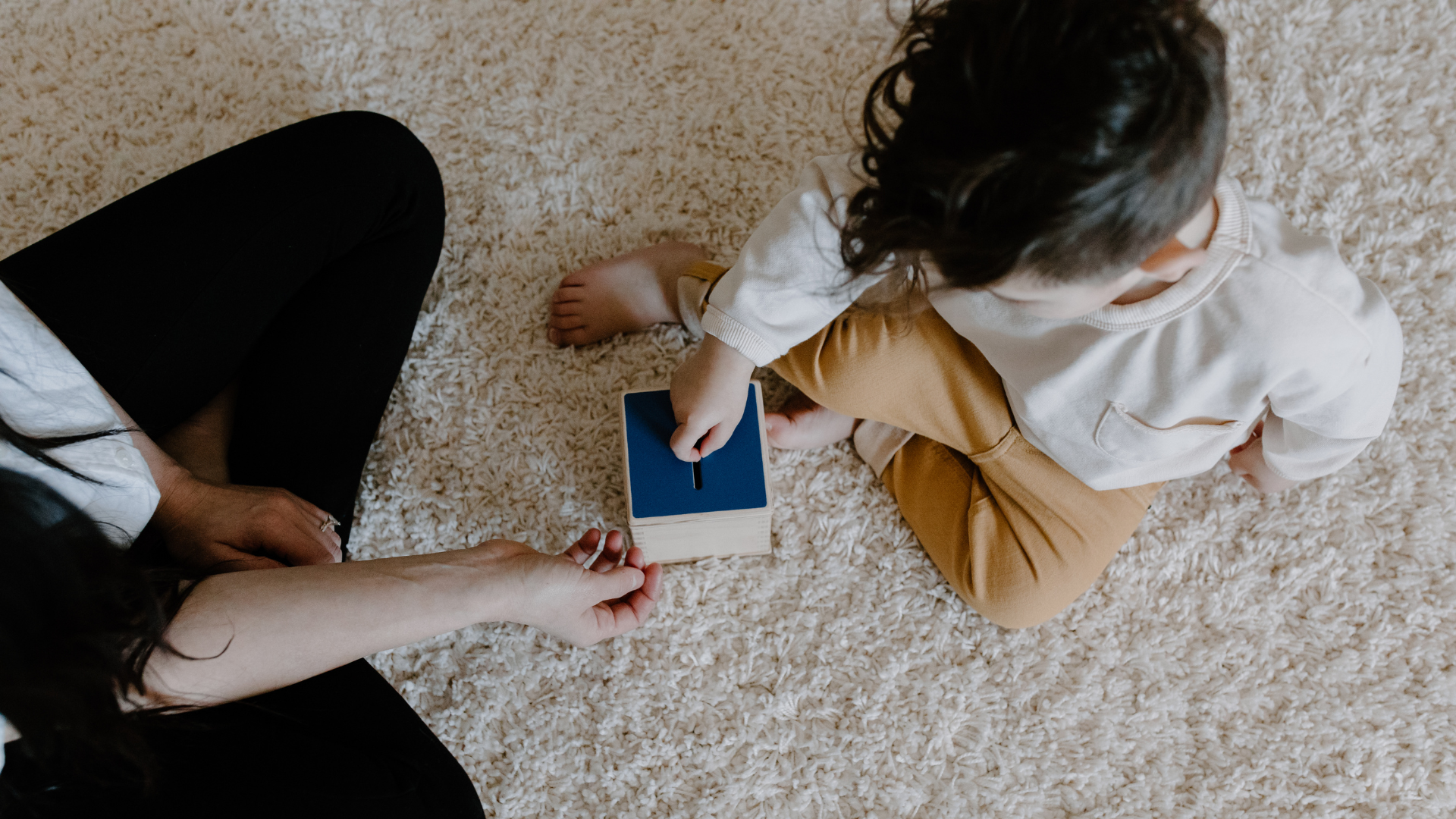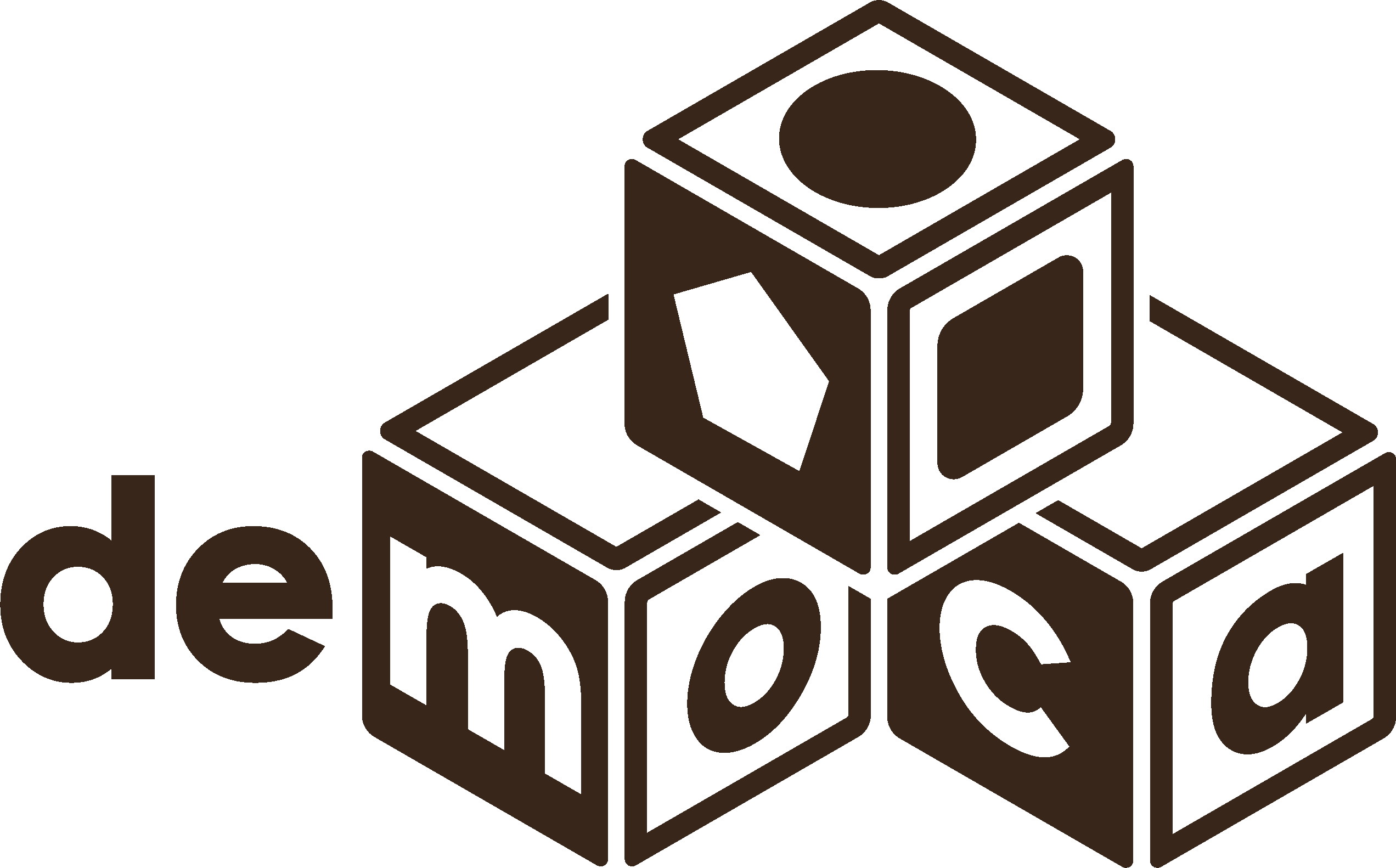
5 Myths in Montessori Education - 2023 Myth Busting Edition!
Jan 27 , 2023
Montessori education is a unique approach to teaching and learning that emphasizes self-directed learning, hands-on experiences, and a multi-age classroom environment. While Montessori is widely recognized as an effective method of education, there are also many myths and misconceptions about the approach. Let's see:
Myth 1: Montessori is only for children who are gifted or privileged.
Fact: Montessori education is designed to meet the needs of all children, regardless of their background or abilities. The Montessori method encourages children to learn at their own pace, which means that children who may struggle in a traditional classroom environment can thrive in a Montessori setting.
Myth 2: Montessori is only for young children.
Fact: Montessori education is suitable for children of all ages, from birth to adulthood. The Montessori method can be adapted to meet the needs of students at different stages of development, and many Montessori schools offer programs for students up to 18 years of age.
Myth 3: Montessori is too permissive.
Fact: Montessori education is based on the belief that children have a natural desire to learn and explore the world around them. While children have the freedom to choose their activities and work at their own pace, they are also taught to respect the rights of others and to be responsible for their actions.
Myth 4: Montessori is too expensive.
Fact: Montessori education can be more expensive than traditional education, but it is not necessarily out of reach for most families. Many Montessori schools offer scholarships and financial aid, and many Montessori-inspired programs are more affordable.
Myth 5: Montessori kids play all day.
Fact: Montessori education emphasizes the importance of play in the learning process, but it is not just about play. Children in Montessori classrooms are given the opportunity to explore and discover through hands-on activities and materials. These activities are designed to be both challenging and engaging and are tailored to each child's individual needs and interests.
While the play is an essential aspect of Montessori education, it is not the only focus. Children also engage in activities that promote practical life skills, such as pouring and spooning, cutting and folding, and other life skills. They also receive lessons in language, math, science, and cultural subjects, such as geography and history. Additionally, Montessori classrooms often incorporate movements and physical activities, such as yoga and dance, to promote focus and concentration.
Montessori education is based on the idea that children learn best through active exploration and discovery rather than through passive instruction. This means that while children in Montessori classrooms do engage in play, it is purposeful and tied to the learning objectives.
Overall, Montessori education is a unique and effective approach to teaching and learning that emphasizes self-directed learning, hands-on experiences, and a multi-age classroom environment. While there are many myths and misconceptions about Montessori, the approach has been proven to be beneficial for children of all ages and abilities.
